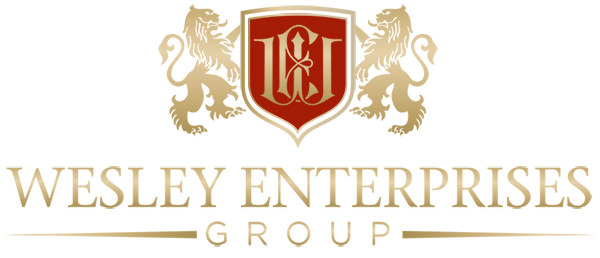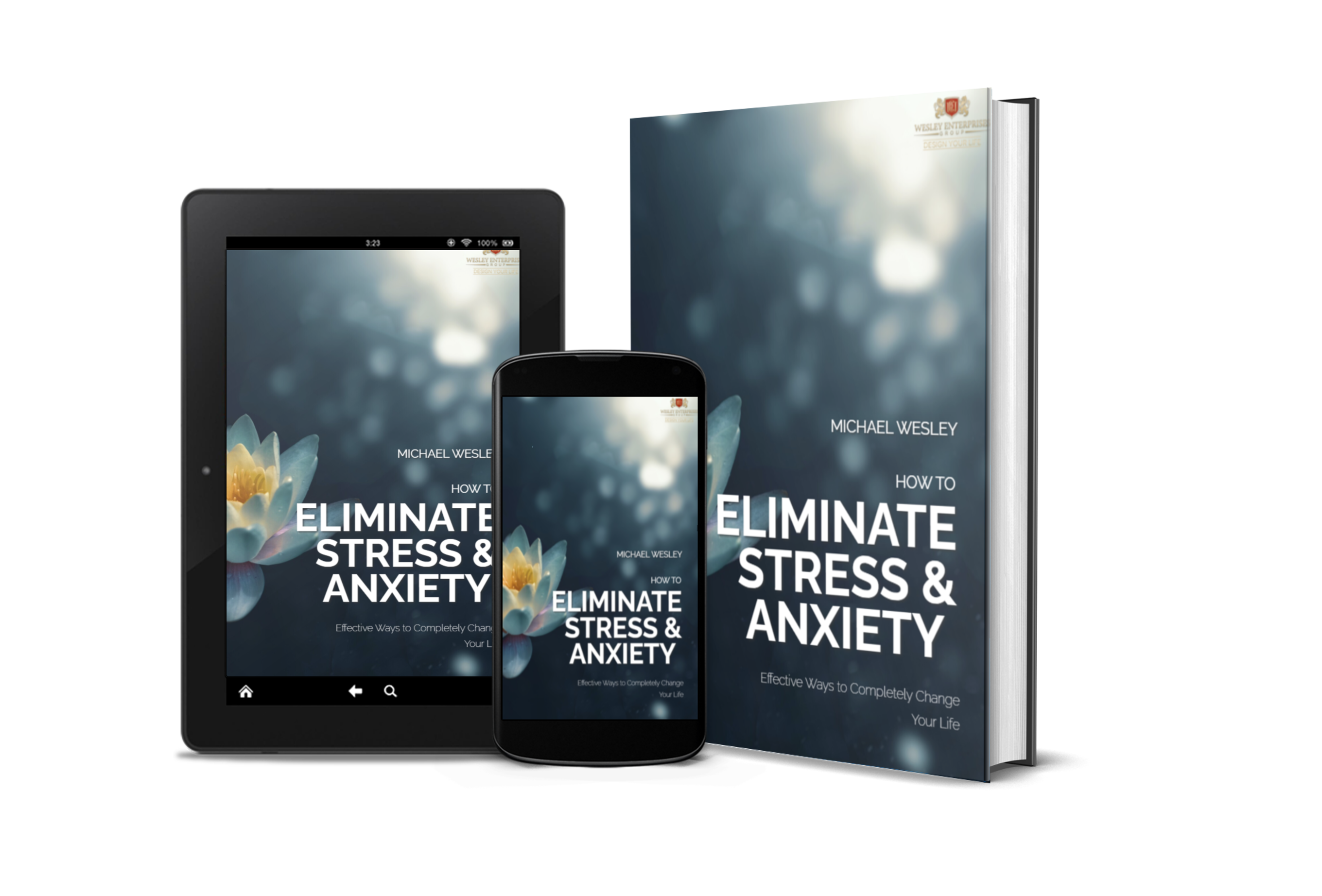Amy Freeman paid off college debt with zero-based budgeting. A zero-based budget equals income minus expenses.
Every dollar you make this month will go toward a specified goal next month, such as rent, utilities, food, car payment, loan repayment, or emergency savings. Every bit goes to something useful, not to waste.
“It helps me plan better because before, when I used traditional budgeting, if I didn't make what I made the month before, I would scramble to cover expenses,” Freeman tells NBC News BETTER. "Now I know how much money I'll have next month, so I don't fritter it away."
Freeman said budgeting helped her escape the paycheck-to-paycheck cycle and get out of debt, two challenges facing most full-time workers.
Workflow
Consider a $1,000 monthly student loan payment. Your December income was $4,000, and your rent is $1,000 a month. This may be your January zero-based budget:
$1,000-rent
$1,000 loan
Food $400
Utilities: $300
Insurance costs $70
$40 bill
$300: Fun
$300 IRA
$590: Emergencies
December income minus January costs equals $0
Save one month's costs.
Freeman says you'll need a month's worth of funds to get started.
If you don't have a month's worth of income saved, you'll need to save up.
Track monthly spending
Freeman says to have a solid budget, you must know how much you spend monthly. The longer you track your monthly costs, the more accurate your estimate will be.
She favors a manual spreadsheet to budgeting programs like You Need a Budget.
Freeman uses spreadsheets to track purchases and bills.
Otherwise, it's easy to disregard an expense or pretend to spend less, she says.
"Writing it down makes you face it," she says.
Income matters
If you have a steady paycheck, note your monthly income in your spreadsheet. If your income is irregular, Freeman adds, estimate it using the lowest amount you earned in six to 12 months.
So you won't overspend, she says.
It helps with emergency savings, she says. She suggests using a $3,000 income as an example. You made $3,500 in December and placed $500 in savings. You can add $500 to your active income if you make $2,500 in January.
The freelancer says it's like an emergency fund for those with intermittent income.
Customize your cost categories
After basic expenses, you may have extra cash. Consider how you'll spend the money. Pay off a loan, prepare for retirement, or plan a vacation. Personal goals and preferences matter, says Freeman.
If someone is saving for a down payment on a house, they can put extra money in an account for that, or they can invest in a non-retirement investing account.
Achieve your goals
Zero-based budgeting transformed Freeman's money connection. It helped her pay off her undergraduate and graduate school loans, she adds.
It helps Freeman control his expenditures and save money.
Zero-based budgeting
You'll need at least a month's worth of funds to start.
For a solid budget, you must know how much you spend monthly. Manual spreadsheets force you to track your spending more closely than budgeting apps.
If you get a regular paycheck, enter it in your spreadsheet. If your income is erratic, estimate it based on the lowest amount you earned in 6-12 months. Extra money each month might be saved for emergencies.
After basic expenses, you may have extra cash. You can pay off a loan, prepare for retirement, or take a trip with the money. Your goals and choices matter.
Cherish every day and your life will be magical
(Source article: How to budget and get out of debt if you live paycheck-to-paycheck)







